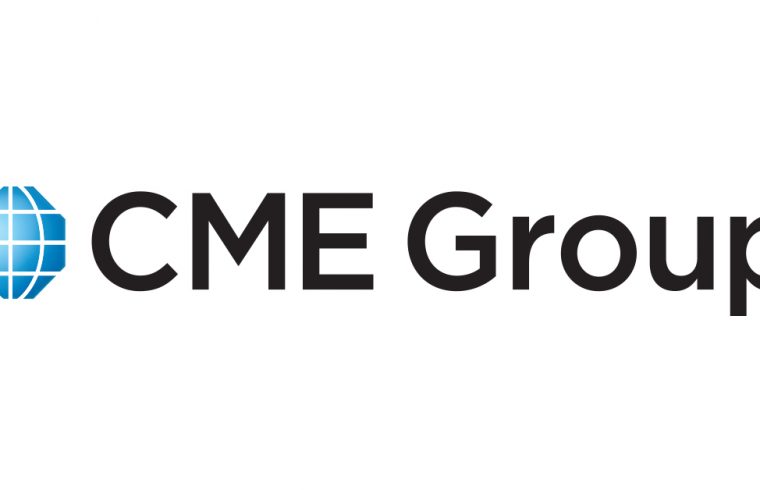Terry Duffy is the Chief Executive Officer (CEO) of the CME Group and he was the latest guest on the Futures Industry Association (FIA) podcast entitled FIA Speaks.
Walt Lukken, FIA’s President and CEO hosts the podcast. On the podcast, Lukken asked Duffy about the EU’s plan to allow its regulators to examine certain systemically risky transactions outside their geographical jurisdiction and demand approval of said transaction.
The plan has caused an uproar in the US, which said global swaps regulation which has gone through a transformation which started at the G20 meeting in 2010 in Pittsburgh.
At that meeting, global powers agreed to a set of guiding principles in regulating swaps; among those principles was deference, meaning each regulator would stay out of other’s jurisdiction.
Primarily, the G20 agreed to move swaps from primarily trading over the counter to trading through a central clearinghouse (CCP).
Now, the EU is threatening to insist on having veto power over transactions which occur outside its jurisdiction, in order to examine the financial strength of the CCP in the transaction.
Here is part of a story in the Wall Street Journal from 2018, “In a draft law published in June last year, the European Commission, the bloc’s Brussels-based executive, proposed granting powers to an EU agency in Paris, the European Securities and Markets Authority, to vet overseas clearinghouses. Under the proposal, which needs to be ratified by the European Parliament and EU governments, ESMA would jointly supervise foreign clearinghouses with the local supervisor and the European Central Bank, including through on-site inspections.”
“There is legislation currently that his passed in Europe that would allow their regulators to potentially- the rules are still being written- but potentially to regulate foreign CCPs, including the CME’s clearinghouse,” Lukken said.
In his response, Duffy noted that he and Lukken recently both testified in front of Congress on this issue and there was bi-partisan opposition to Europe’s plan.
“The comments being made coming out of that hearing and that were being made by both sides of the aisle at that hearing were fairly powerful,” Duffy said, “In all the years I’ve been in this business, I don’t think I’ve ever seen a Congressional hearing with its members being so adamant and involved in reminding its European counterparts this cannot happen and you will not oversee the US financial industry.”
Duffy noted that the new Chair of the Commodities Futures Trading Commission Heath Tarbert recently wrote an oped which touched on this issue.
“He has a huge job today; he has to oversee what Congress implemented which is putting these products into a CCP. I think it’s going to be very difficult for anybody in the European Union or anyone else to try to pull that jurisdiction out of the United States into theirs,” Duffy said.
Duffy concluded by striking a hopeful term, “I feel very comfortable- as comfortable as you can feel Walt when you’re dealing with Washington, you’ve been there a lot longer than I- that we will ultimately come up with a resolution both for the United States and the European Union.”
On the previous podcast, Lukken had Steve Maijoor, the head of the European Securities and Markets Authority, and he offered the perspective on this issue for Europe, “Relying on foreign regulation and regulators will continue to be very important, but in some cases, as you identified when there are systemic risks, in those cases, you want better tools from a European perspective, and making sure that the risks from a European perspectives are- that we have the information on that and if there is a concern we can address that from a supervisory perspective.”
The CME Group formed when the Chicago Board of Trade and the Chicago Mercantile Exchange, merged; it is a publicly traded company itself which currently trades on the NASDAQ under the symbol CME.
The FIA is, “the leading global trade organization for the futures, options and centrally cleared derivatives markets, with offices in Brussels, London, Singapore and Washington, D.C. FIA’s membership includes clearing firms, exchanges, clearinghouses, trading firms and commodities specialists from more than 48 countries as well as technology vendors, lawyers and other professionals serving the industry,” according to its website.









